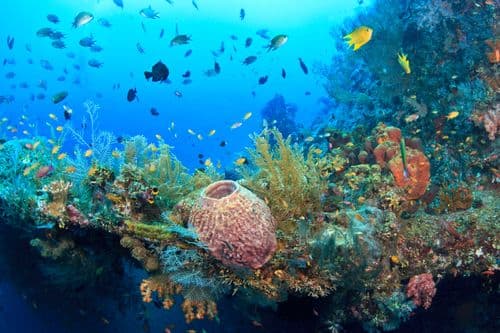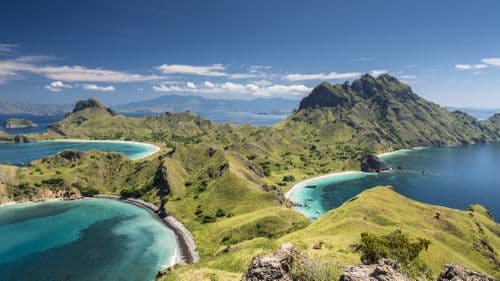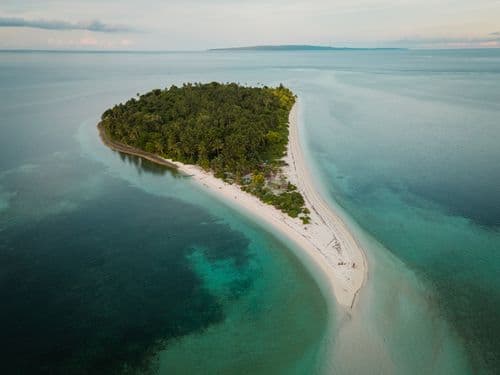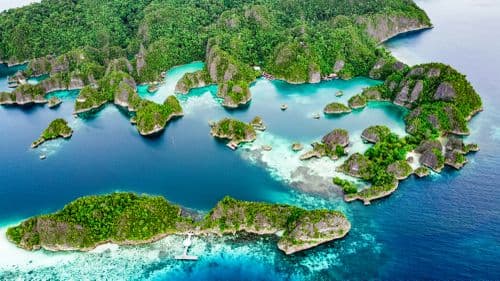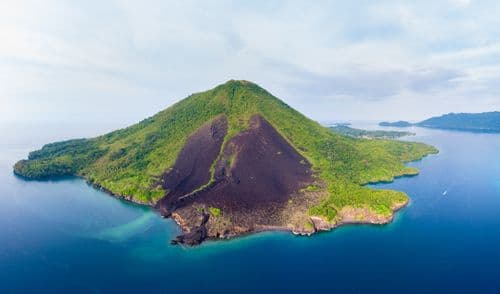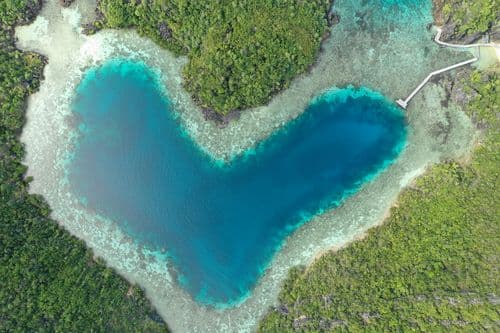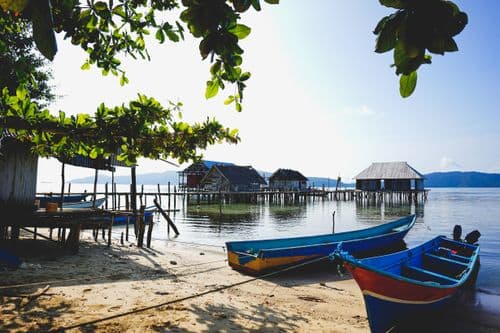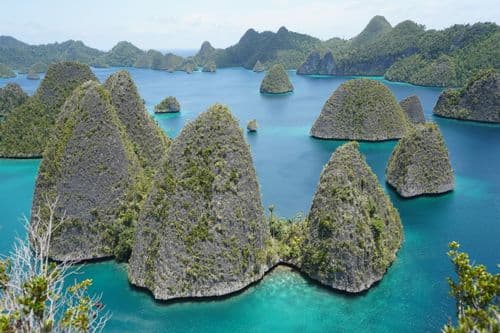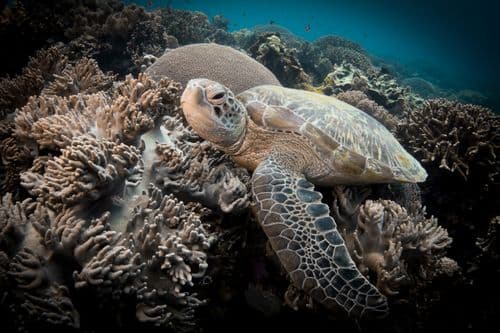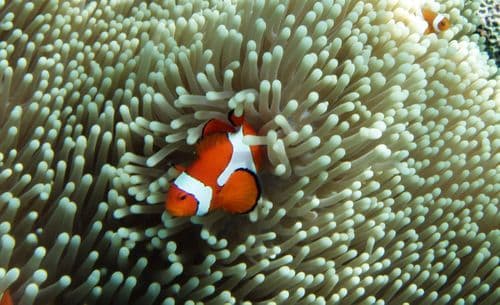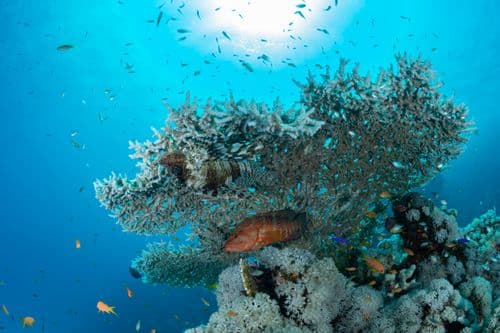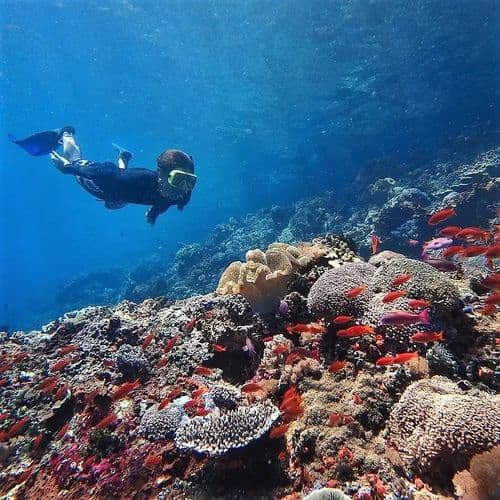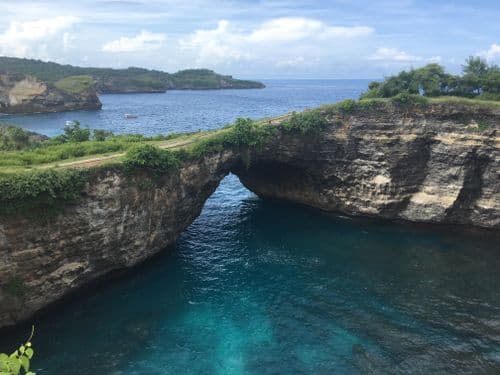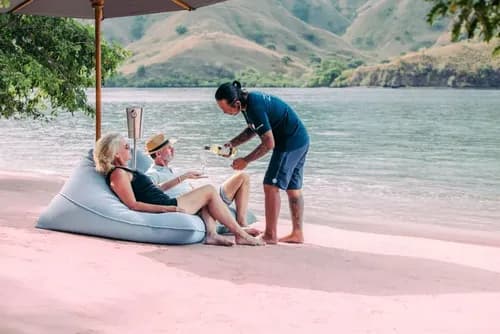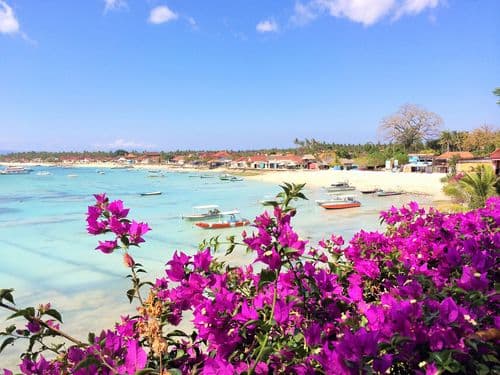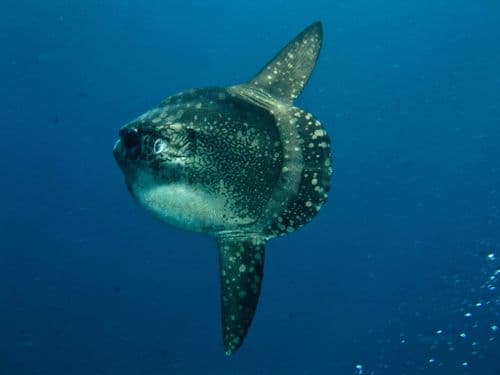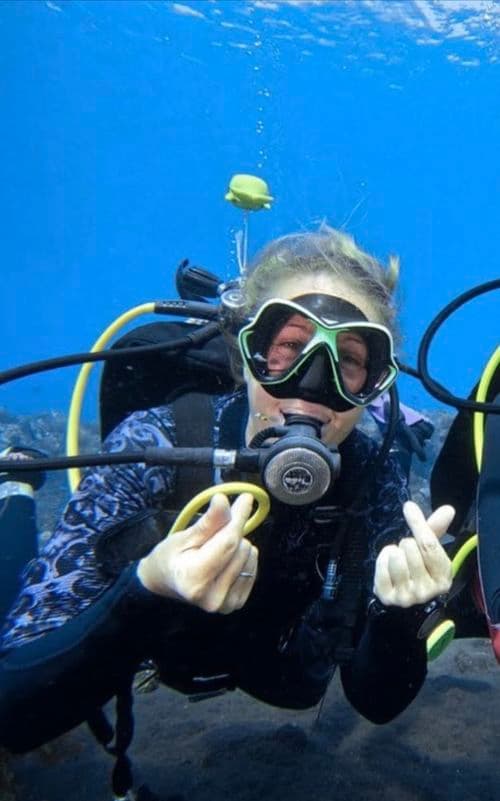
Eco-Friendly Diving Practices in Indonesia
Sustainable diving tips to protect Indonesia's vibrant reefs
How can I minimize my environmental impact while diving in Indonesia?
Indonesia's reefs are among the most biodiverse in the world, home to an incredible array of marine life. However, these ecosystems are fragile and can be easily damaged by unsustainable diving practices. By adopting eco-friendly diving habits, we can help preserve these underwater treasures for future generations and maintain the health of the marine environment.
What are some essential eco-friendly diving practices to follow?
- Buoyancy Control: Mastering your buoyancy is crucial to avoid accidental contact with the reef. Practice maintaining neutral buoyancy to prevent damaging corals and other marine life with your fins or equipment.
- Avoid Touching Marine Life: Never touch, chase, or harass marine creatures. Not only can this cause stress and harm to the animals, but some species can also be dangerous to humans.
- Use Reef-Safe Sunscreen: Choose sunscreens that are free from harmful chemicals like oxybenzone and octinoxate, which can damage coral reefs. Reef-safe sunscreens help protect marine life while shielding your skin from UV rays.
- Take Only Pictures: Resist the temptation to collect souvenirs from the sea. Removing shells, corals, or other marine life disrupts the ecosystem and is often illegal.
How can divers minimize their environmental impact on dive trips?
- Choose Eco-Friendly Dive Operators: Select dive operators committed to sustainable practices, such as those certified by the Green Fins initiative. These operators follow guidelines to minimize their environmental impact.
- Reduce Plastic Use: Bring reusable water bottles, bags, and containers to reduce plastic waste. Participate in beach and underwater clean-ups organized by dive centers.
- Follow Local Regulations: Adhere to local regulations and guidelines to protect marine parks and sanctuaries. Respect no-take zones and designated protected areas.
What should divers do to support reef conservation efforts?
- Participate in Conservation Programs: Many dive operators offer programs where you can actively participate in reef monitoring, coral planting, and other conservation efforts. These activities help collect valuable data and restore damaged reefs.
- Educate Yourself and Others: Stay informed about marine conservation issues and share your knowledge with fellow divers. Promoting awareness helps build a community of environmentally conscious divers.
- Support Marine Protected Areas (MPAs): Dive in and support MPAs, which are crucial for preserving biodiversity. Your entrance fees and participation help fund conservation efforts and enforcement.
How can divers make their gear and travel more sustainable?
- Eco-Friendly Gear: Invest in high-quality, durable gear that will last longer and reduce waste. Consider purchasing gear made from sustainable materials and avoid single-use products.
- Energy-Efficient Travel: Opt for energy-efficient transportation when traveling to dive sites. Whenever possible, choose eco-friendly accommodation options that implement sustainable practices.
- Carbon Offsetting: Offset your carbon footprint by supporting projects that reduce greenhouse gas emissions. Some dive operators and travel companies offer carbon offset programs for their customers.
By following these eco-friendly diving practices, you can enjoy Indonesia's stunning underwater world while helping to preserve it for future generations. For personalized eco-friendly dive trip recommendations and expert advice, contact us today!
